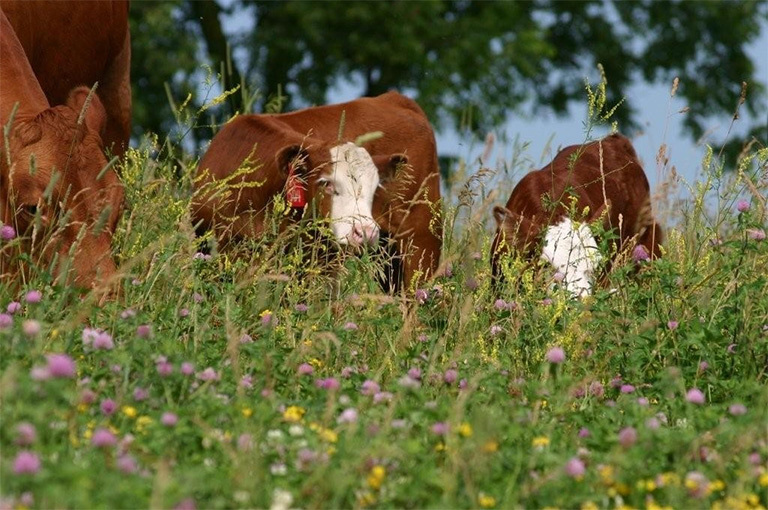On Wednesday (26 March), we officially launched our new office in Southern Africa with a lively and explorative webinar about how sustainable freshwater aquaculture can increase food security in Africa.
The event, The Future of Sustainable Freshwater Aquaculture in Africa saw expert speakers, including our Head of Southern Africa, Alexis Olds, exploring the role aquaculture can play in food security across the whole continent. They considered the need to ensure that its growth must not come at the expense of sustainability and animal welfare.
Aquaculture and animal welfare
Fish are sentient animals who experience fear, stress and pain. However, most fish farming practices don’t meet even basic welfare standards. As a result, globally, up to 180 billion farmed fish and up to 950 billion crustaceans are exposed to suffering during rearing, transport and slaughter each year.
Our Research Manager for Aquatic Animals, Santiago Pintos, opened the session, explaining the differences between intensive and extensive aquaculture, and the variety of systems within this. Intensive farms keep fish in overcrowded underwater cages or indoor pools which lead to multiple welfare concerns.
Extensive farms, on the other hand, farm fewer fishes and give each one more space and provide an environment that is much more like wild habitats. This allows fish to express natural behaviours and interact with enriching surroundings, providing much higher welfare for fish with less impact on the environment.
Sustainability challenges
The webinar also highlighted the ethical and environmental problems with how farmed fish are fed, especially for carnivorous species in intensive systems.
Up to 2.2 trillion fish are wild-caught every year and around 50% of those are used to produce fish meal and fish oil that is fed to farmed fish. This is highly inefficient, with about 440 wild-caught fish needed to produce just one farmed salmon.
A pivotal moment
Wasseem Emam, the Founder, Director and Lead Researcher of Ethical Seafood Research, highlighted the potential for freshwater fish farming to improve livelihoods, nutrition and economic development in Africa.
He presented a case study from Egypt, a country which has seen significant growth in aquaculture. Through an education programme, farmers were trained on how improved water quality and higher animal welfare practices such as humane slaughter can result in a more productive, sustainable and healthy system. Wasseem stressed that now is the ideal time to ensure high welfare for aquatic animals, before fish farming intensifies across Africa.
Freshwater aquaculture for food security
African populations are forecast to hugely expand over the next 30 years, with an extra 2.4 billion mouths to feed, making food security a critical issue.
Our Head of Southern Africa, Alexis Olds, outlined the potential for freshwater aquaculture to help meet this need, as well as to tackle malnutrition and poverty, and offer employment opportunities.
She explored the various species that can be sustainably farmed, such as molluscs, seaweed and algae. Alexis also highlighted the many benefits of prioritising animal welfare: “When we increase animal welfare, when we train our farmers on good animal welfare, your farm produces better, your farm does well, and your fish do better.”
However, Alexis emphasised that we shouldn’t view aquaculture as a ‘silver bullet’ for food security and the need for community support, adding: “If we’re wanting to talk about securing food security, we need to look at financial support, training, mentorship and long-term technical support of communities that can feed at a community level.”
Our new office in Southern Africa ensures we have a strong voice for farmed animals in the Global South, and are able to advocate for food system change that prioritises animal welfare within this context.
Alexis comments:
“We are really excited that our footprint is growing so significantly, especially into the African continent, where animal welfare must be considered within a nuanced political landscape and myriad food security issues. We’re really looking forward to engaging with supporters, policy makers and the wider food and farming community here to advocate for a better future for animals, people and the planet.”
Watch the webinar below
